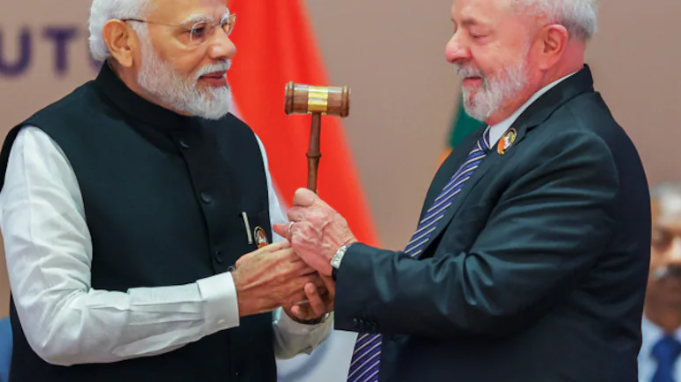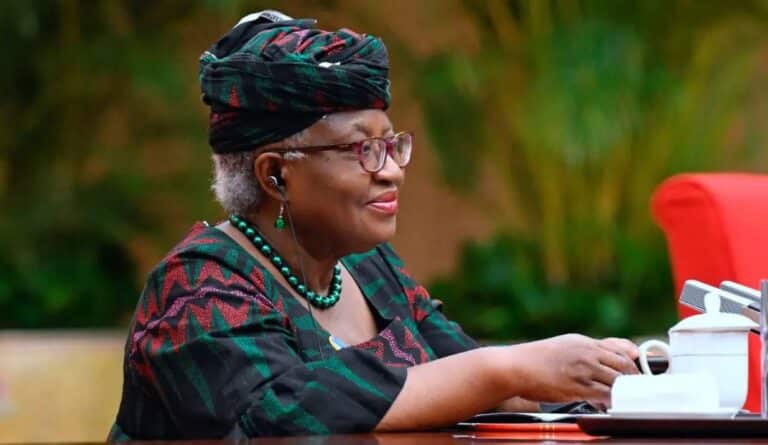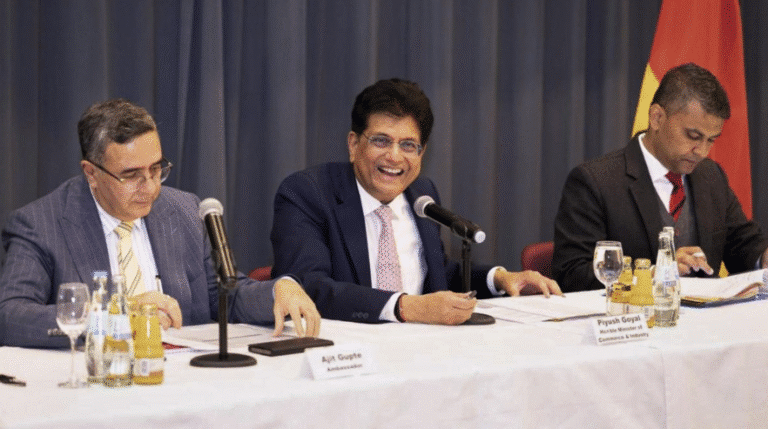
Bilateral tensions between Brazil and the United States have escalated as President Luiz Inácio Lula da Silva rebuffed US President Donald Trump open offer for a direct phone conversation. The dispute stems from Washington’s recent decision to impose a 50% tariff on Brazilian exports, a move Trump defended as part of his campaign against what he called a “witch hunt” targeting former Brazilian leader Jair Bolsonaro.
Speaking at an event in Brasília, Lula described the tariff decision as “one of the most regrettable moments” in US-Brazil relations and asserted that his administration would exhaust all available legal and diplomatic tools to protect Brazil’s interests. “In 2025, we will resort to all possible measures, starting with the WTO, to defend our interests,” Lula declared, emphasizing that Brazil is also boosting trade relations with its BRICS partners to reduce dependency on US markets.
The Brazilian president signaled a clear shift toward global engagement with non-Western powers, noting he would reach out to Chinese President Xi Jinping and Indian Prime Minister Narendra Modi to strengthen economic partnerships. He humorously added that he would not call Russian President Vladimir Putin, “because he cannot travel now,” while dismissing Trump’s offer with a firm stance: “I will not call Trump because he does not want to talk.”
Despite the sharp rhetoric, Lula maintained a diplomatic tone, confirming that he still plans to invite Trump to COP30, the UN climate change conference scheduled for November in Belém, Pará. “I will be kind enough to call him to discuss climate issues. If he doesn’t attend, it’s his choice — but it won’t be for lack of friendliness or democracy,” Lula said, highlighting his intention to separate climate diplomacy from trade conflicts.
Trump, for his part, told reporters at the White House that Lula “can call me anytime he wants,” expressing affection for the Brazilian people but criticizing the current administration. Meanwhile, Brazil’s Finance Minister Fernando Haddad described Trump’s remarks as “great,” though Lula remained firm that any tariff discussions must take place “on equal terms” with mutual respect.
With US-Brazil trade friction intensifying, Lula’s focus on WTO measures and BRICS solidarity signals a recalibration of Brazil’s foreign policy, prioritizing sovereignty, multilateralism, and fair trade negotiations.







